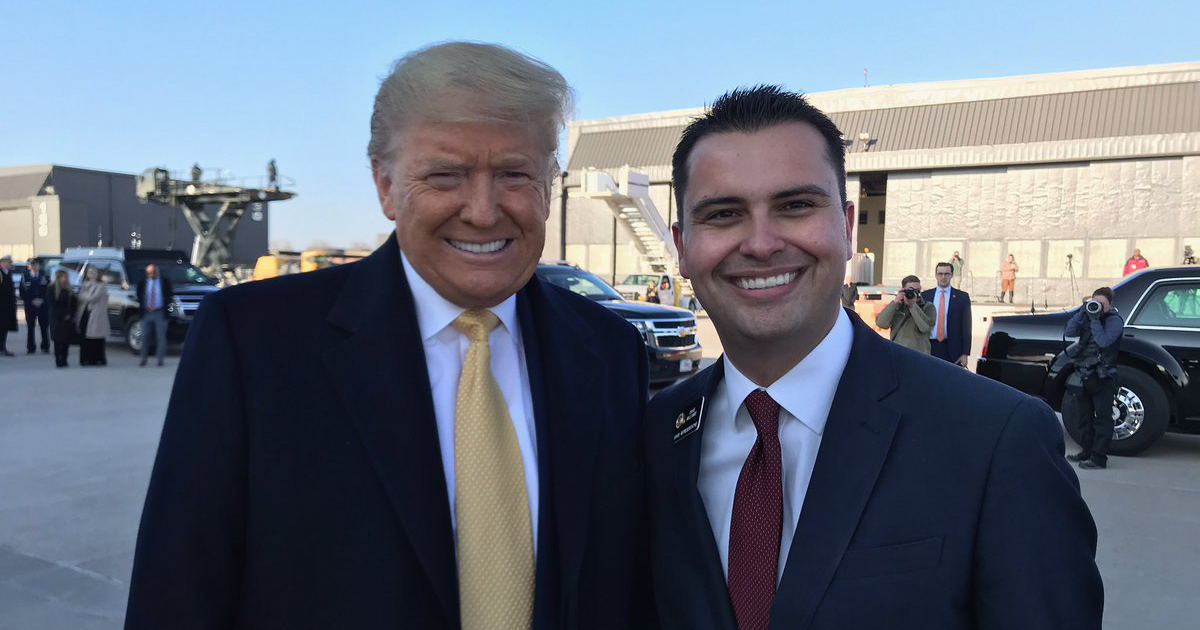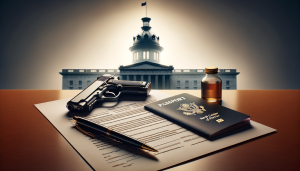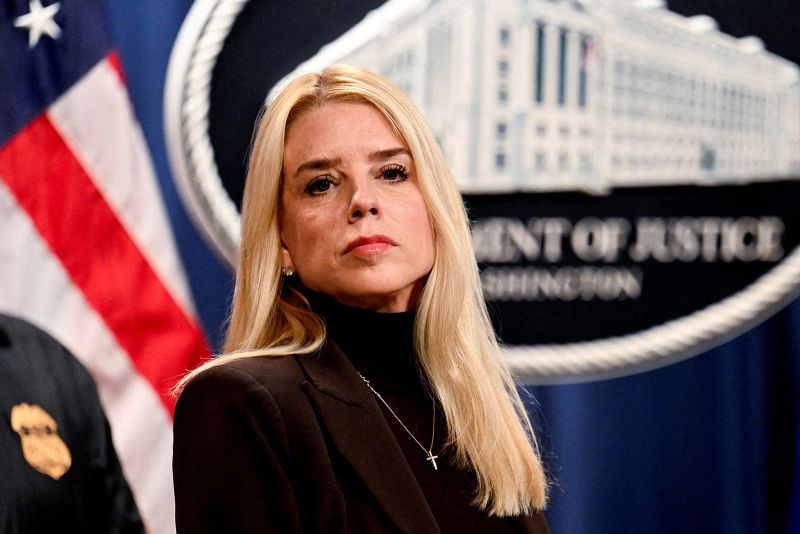Massachusetts and New Hampshire exchange fire over gun control measures

Legal experts predict that the Supreme Court will hear a dispute over travel with firearms.
Massachusetts and New Hampshire have been embroiled in an ongoing gun dispute which could spread beyond New England, and even involve the Supreme Court.
It is about the right to travel between states that have different gun laws. Massachusetts’ highest court of appeals is examining the case of New Hampshire man, who entered the state without a Massachusetts license. New Hampshire, in defense of the gun owner, calls on Massachusetts to relax its strict visitor licensing laws.
States have struggled to implement gun restrictions since the Supreme Court ruled that gun control laws should be in line with the founding traditions and history of the country in New York State Rifle & Pistol Association Inc. v. Bruen.
|
Ilya Shpiro, director for constitutional studies at Manhattan Institute, has said that the Supreme Court will likely hear the case of the right to carry firearms on a trip. The court has ruled in other gun control cases since its landmark ruling 2022 in Bruen.
Shapiro stated that the case has and will continue being litigated.
Gun rights groups like the Second Amendment Foundation, the National Rifle Association and others have taken notice of the conflict between New Hampshire and Massachusetts. They filed a brief in support of a New Hampshire resident this month. The Massachusetts Supreme Judicial Court is currently hearing his case.
Gun rights groups argue that the state licensing scheme for residents has no history.
In the past, residents and non-residents who traveled to a particular state were not treated any differently in terms of firearm carrying. The filing stated that if they were treated differently, it was to exempt them from carrying restrictions – not to put more burdens on them than residents.
Dean F. Donnell, a New Hampshire resident, traveled to Massachusetts with a gun in 2021. Massachusetts, where gun owners must obtain a temporary permit to enter the state with a firearm, charged Dean F. Donnell of a felony.
John Coffey, a judge in the Lowell District court, dismissed the case in 2013. Citing the Bruen case, he ruled “requiring non-residents obtain licenses for firearms is a violation of the Second Amendment as there is no historic analogue that burdens the right to travel interstate.”
The Massachusetts Supreme Judicial Court heard an appeal from prosecutors against Judge Coffey’s decision. The state attorneys argued that the judge’s reasoning is based on “novel, but incorrect applications of Second Amendment Constitutional law.”
The prosecutors’ filing stated that “the motion judge erroneously decided that out-of state residents could not be prosecuted in Massachusetts for unlawful possession of guns if they had legal access to those weapons in their own home state.” The judge’s reasoning robs the Commonwealth of its right to enforce its laws in an equal manner for everyone within its borders.
The court said that the decision was already stayed, because the judge had used the same reasoning for seven other cases.
New Hampshire Attorney-General John M. Formella said on August 19 that the frequent travel of New Hampshire residents to Massachusetts indicates that Massachusetts’ strict licensing laws should be relaxed.
Mr. Formella noted in his filing that a shopping center shares a border with two states. A visitor who leaves their gun in a vehicle parked in the lot may violate New Hampshire’s laws while complying with the requirements of the other state.
In a press release, Mr. Formella said that “given the frequent travel between New Hampshire (and neighboring Massachusetts), the state of New Hampshire supported this ruling. It argues Granite Staters or any non-Massachusetts resident who is temporarily traveling to Massachusetts shouldn’t face potential felony charges and imprisonment simply because they lack a Massachusetts firearm license or permit.”
Mr. Formella said that the brief filed by Mr. Donnell, and Phillip Marquis (another New Hampshire resident), in support of Mr. Donnell, is important because it supports Second Amendment Rights.
By challenging Massachusetts’ restrictive gun laws, Mr. Formella asserted that constitutional liberties should not be undercut by inconsistent and burdensome regulations. This is about ensuring responsible gun owners are able to protect themselves when they cross state boundaries without fearing unjust legal consequences. It is important to protect personal safety, and reinforce the principle that Constitutional rights must be respected nationwide.
A spokesperson for the District Attorney’s Office did not respond to a comment request.
In the 2022 Bruen case, the high-court, divided 6-3 on ideological lines, ruled a New York gun-licensing measure was too strict because it required law abiding individuals to prove proper cause in order to obtain a license and carry a weapon for self-defense. The court ruled that this violated the Second Amendment.
Andrew Willinger is the executive director of Duke Center for Firearms Law. He said that Judge Coffey’s reasoning for citing Bruen in order to dismiss charges against M. Donnell was in conflict with the Supreme Court’s ruling, which stated that the justices had not struck down varying licensing requirements by state. The court ruled that New York’s requirement for a person to prove a proper reason violated the Constitution.
In an email, Mr. Willinger stated that the decision was difficult to reconcile with Bruen’s recognition (and the concurring opinions) that different states could continue to have their own approaches to concealed carry licensing.









No Comments